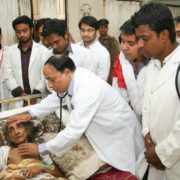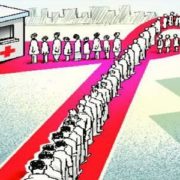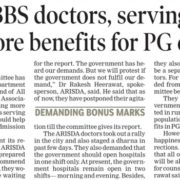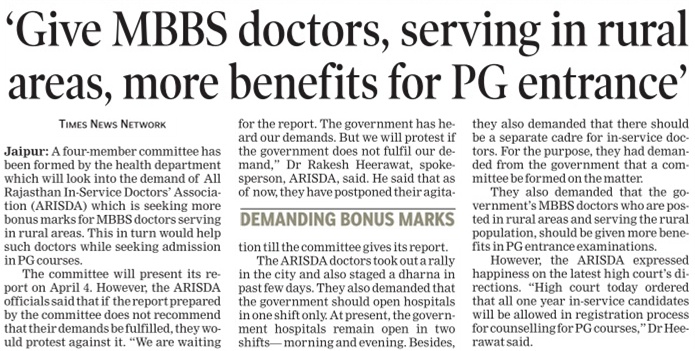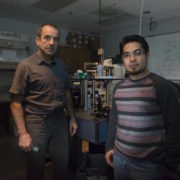Rajasthan State hopeful of new session in 5 medical colleges from July 1
after the recommendation made by MCI of disapproving the proposed medical colleges to the Centre, the medical education department stepped up efforts and started preparation to make the proposed medical colleges operational as per the MCI norms.
The MCI had presented the report, which pointed out flaws in these colleges, at the executive committee meeting held in January 13. The new medical colleges, proposed by the state government, would have had a capacity to admit 100 MBBS students each.
In Dungarpur, the inspection team found that there was a 100% `deficiency in faculty as well as resident doctors. The colleges had also not appointed deans and medical superintendents. It was also found that they lacked facilities such as audiometry and speech therapy, central oxygen and central suction systems, and disaster trolleys and crash carts.
After the MCI’s report was out pointing out flaws in the proposed medical colleges, the medical education department swung into action and conducted interviews of faculty for the proposed medical colleges and developing other necessary facilities required in medical colleges as per the MCI norms.
The medical education department conducted interviews in April for recruiting faculties in non-clinical and clinical breaches. The department created posts of professors, associate professor, assistant professor and senior demonstrator.
Now, after completing all the recruitment processes, the medical education department is hopeful that they will get the nod of the Centre for starting five new medical colleges in the state from academic session 2017-18.

